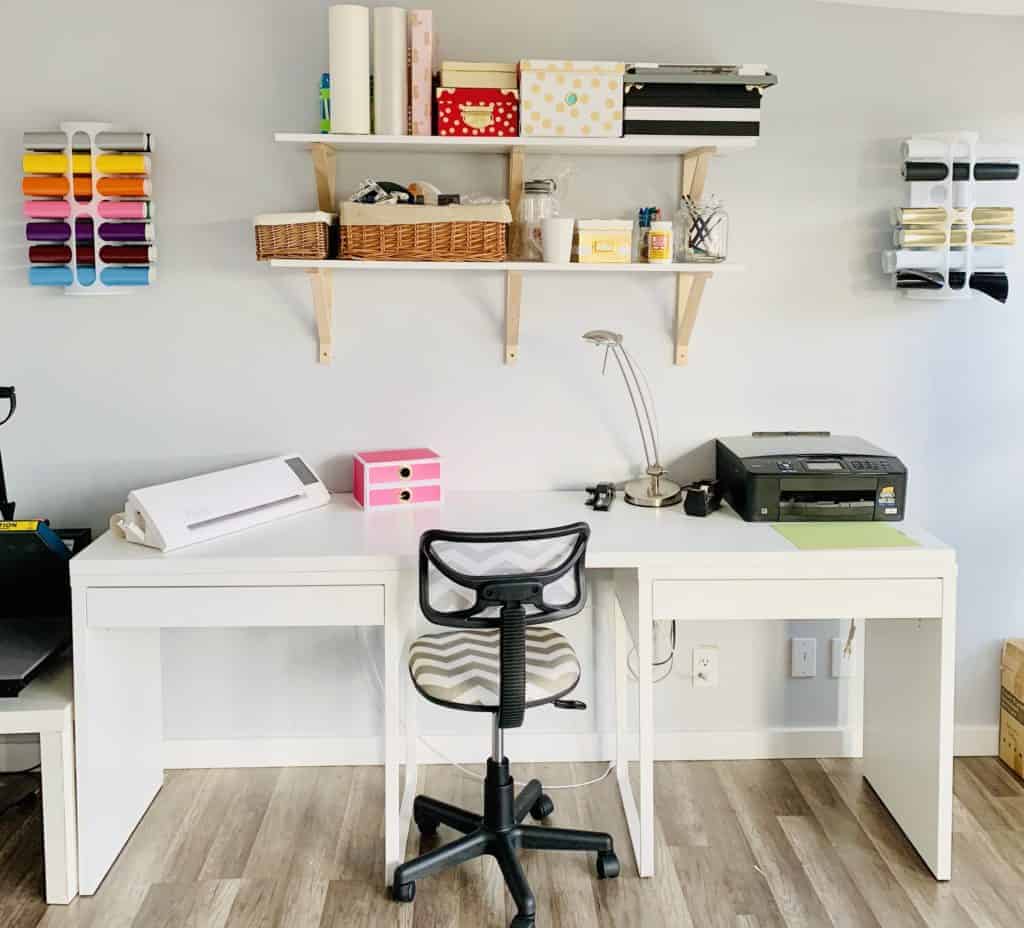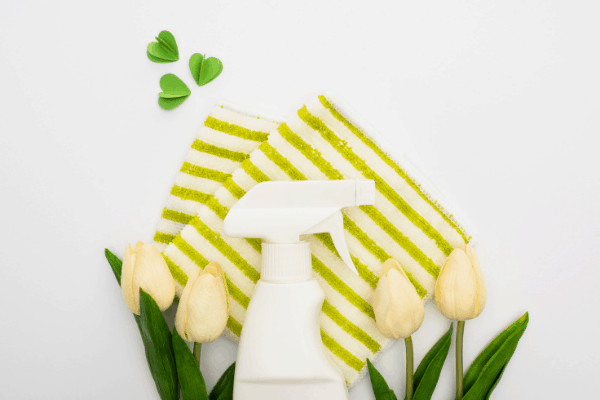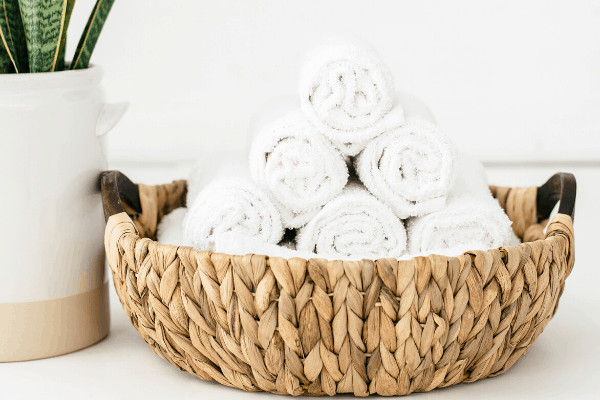Not only does a clean attic look good, but it also dramatically influences interior air quality. The air you breathe throughout your house may get contaminated by dust, mold, and other dangerous materials that build up in the attic. Ignoring attic cleaning allows these pollutants to seep into your living areas, degrading the air quality and causing health hazards. Knowing how important a clean attic is spurred anybody looking for attic cleaning near me to take quick action. Making attic cleaning a top priority can help you keep your house a secure and healthy place for your family—frequent cleaning guards against moisture and pest-related damage, safeguarding the structural integrity of your house.
Health Benefits of a Clean Attic
Keeping the attic clean reduces your chance of developing allergies, asthma, and other respiratory conditions. Dust mites, mold spores, and mouse droppings are examples of allergens that, if ignored, can cause severe allergic responses and respiratory issues. Pollutant levels are often lower, and airflow is more excellent in homes with clean attics. This promotes healthier living conditions and increased comfort, improving sleep quality and general well-being. Keeping your attic clean and free of mold and mildew can significantly lower your risk of respiratory infections and long-term illnesses like asthma. Additionally, keeping the attic clean prevents pests like flies and rats from finding a welcoming place, which lessens the chance that any diseases they may have will spread.
Common Contaminants Found in Attics
Attics are home to various common contaminants, including dust, mold, rats, and insects. Dust, which can accumulate over time and harbor allergens like dust mites, can cause respiratory problems and allergies. Mold, which can grow in attics with poor ventilation and high humidity, can cause severe allergies and respiratory issues, especially for those with compromised immune systems. Pests like rodents and insects can introduce harmful bacteria and elements into the environment, causing conditions like Hantavirus and Salmonella.
Steps to Clean Your Attic Effectively
To effectively clean your attic, remove all items and declutter, vacuum and dust thoroughly, inspect for mold and other contaminants, seal cracks and openings, and install good insulation and ventilation. First, remove everything from the space to give a clear view and identify problem areas. Sort items and decide what to keep, donate, or discard. Use a vacuum cleaner with a HEPA filter to remove dust from surfaces, and wipe surfaces with a damp cloth to pick up any remaining dust. If mold is extensive, consider hiring a professional. Seal cracks and openings in the attic structure with sealants and ensure well-insulated floors and walls. Install good insulation and ventilation to maintain a healthy attic environment, regulating temperature and preventing moisture build-up.
How Often Should You Clean Your Attic?
You should generally clean your attic at least twice a year. This schedule allows you to address seasonal changes that can affect its condition. However, homes in areas with high humidity or frequent pest issues may require more frequent cleanings to keep them optimal. Regular inspections can help quickly identify potential problems, making maintaining the attic easier and avoiding costly repairs.
Professional Attic Cleaning Services
While DIY attic cleaning is feasible, hiring professionals ensures that every nook and cranny is addressed and potential problems are identified and promptly fixed. Professional services use specialized equipment and have expertise in dealing with harsh contaminants like mold and pests. Consider calling a professional if you’re dealing with extensive mold, heavy dust, or rodent infestations. Professionals can thoroughly clean the roomy underlying issues that require attention.
Maintaining a Clean Attic
Regular checks and periodic cleanings can go a long way toward maintaining a clean attic. Fix any leaks and maintain good insulation and ventilation to keep contaminants at bay. Routine maintenance, such as checking for new cracks or potential pest entry points, can save you from more significant problems down the line. By staying proactive, you’ll ensure your attic remains healthy and safe in your home environment.





